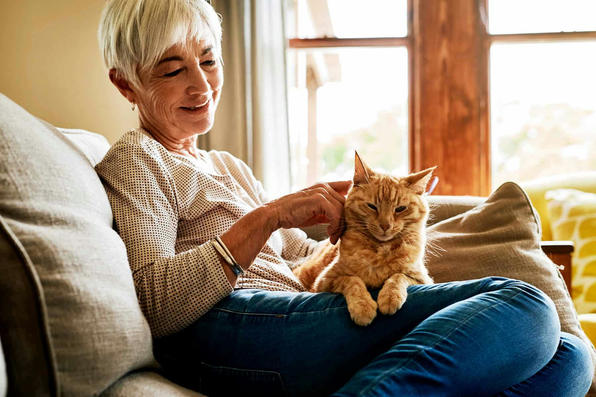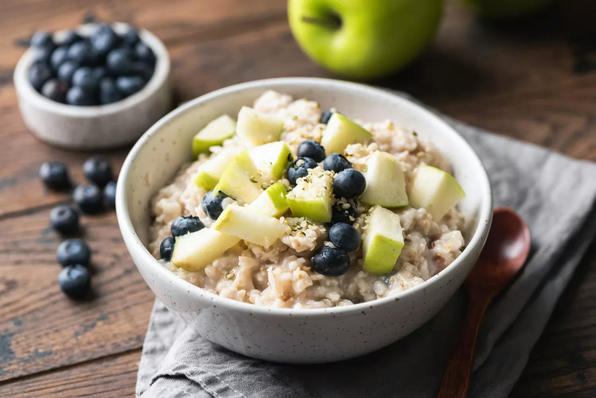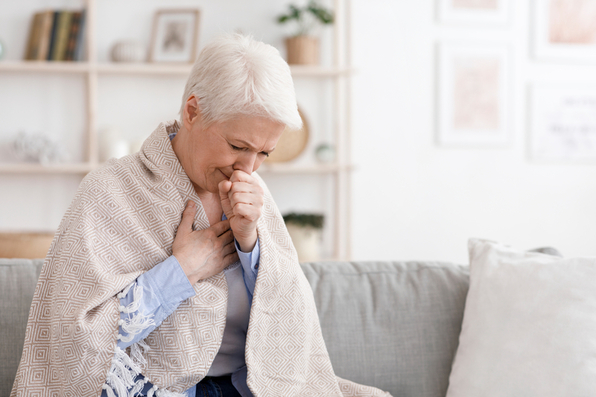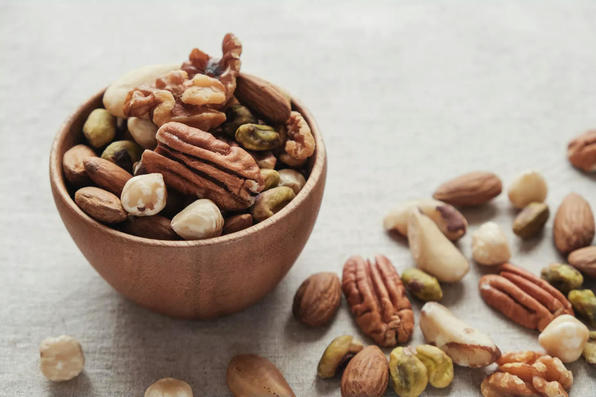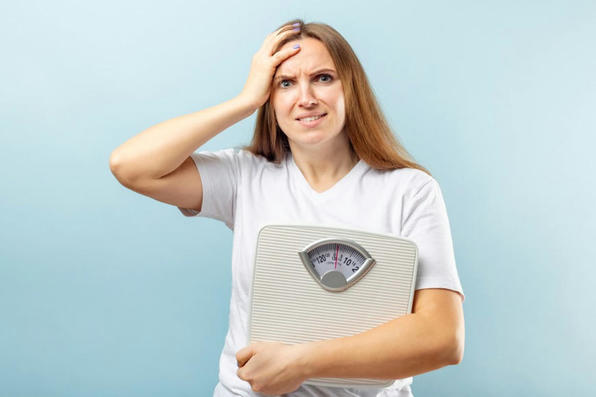
“A calm mind brings inner strength and self-confidence, so that’s very important for good health.”
In today’s Health Report Daily, you’ll discover…
Stress Management Skills | Sitting Too Much May Increase Death Risk | Whooping Cough | Outdoor Therapy as Wellness Travel Trend | Diet and Sugary Drinks May Boost Risk of Atrial Fibrillation | Mistakes when Losing Weight, and more...

Did a Friend Forward You This Email? You Can Subscribe for Free Here.
🤔 Today’s Health Question
What hormone is often referred to as the "stress hormone"?
A word from our sponsor:
Feeling Stressed & Stuck? Conquer 2024 with Personalized Therapy on BetterHelp
Feeling like you're constantly juggling work, relationships, and personal growth? You're not alone. Millions struggle with stress, anxiety, and achieving their goals. But what if you could unlock your potential with a therapist who truly understands you?
BetterHelp connects you with thousands of licensed therapists through a personalized assessment, matching you with someone who specializes in your unique needs. Talk anytime, anywhere - phone, video, or text - and use your FSA/HSA for coverage. Plus, switch therapists for free if you're not 100% satisfied. Ready to transform your life?
|
🤔 Answer to Today’s Health Question:
The hormone often referred to as the "stress hormone" is cortisol.
😂 Today’s Chuckle

Video: Dr. Elissa Epel: Control Stress for Healthy Eating, Metabolism & Aging | Huberman Lab Podcast
The content presented in this email newsletter is for informational purposes only and does not constitute medical advice. It is not intended to be a substitute for professional medical advice, diagnosis, or treatment. Always seek the advice of your physician or other qualified healthcare provider with any questions you may have regarding a medical condition. The information provided in this newsletter is based on sources that we believe to be accurate and reliable. However, we cannot guarantee the accuracy, completeness, timeliness, or usefulness of any information contained in this newsletter.


